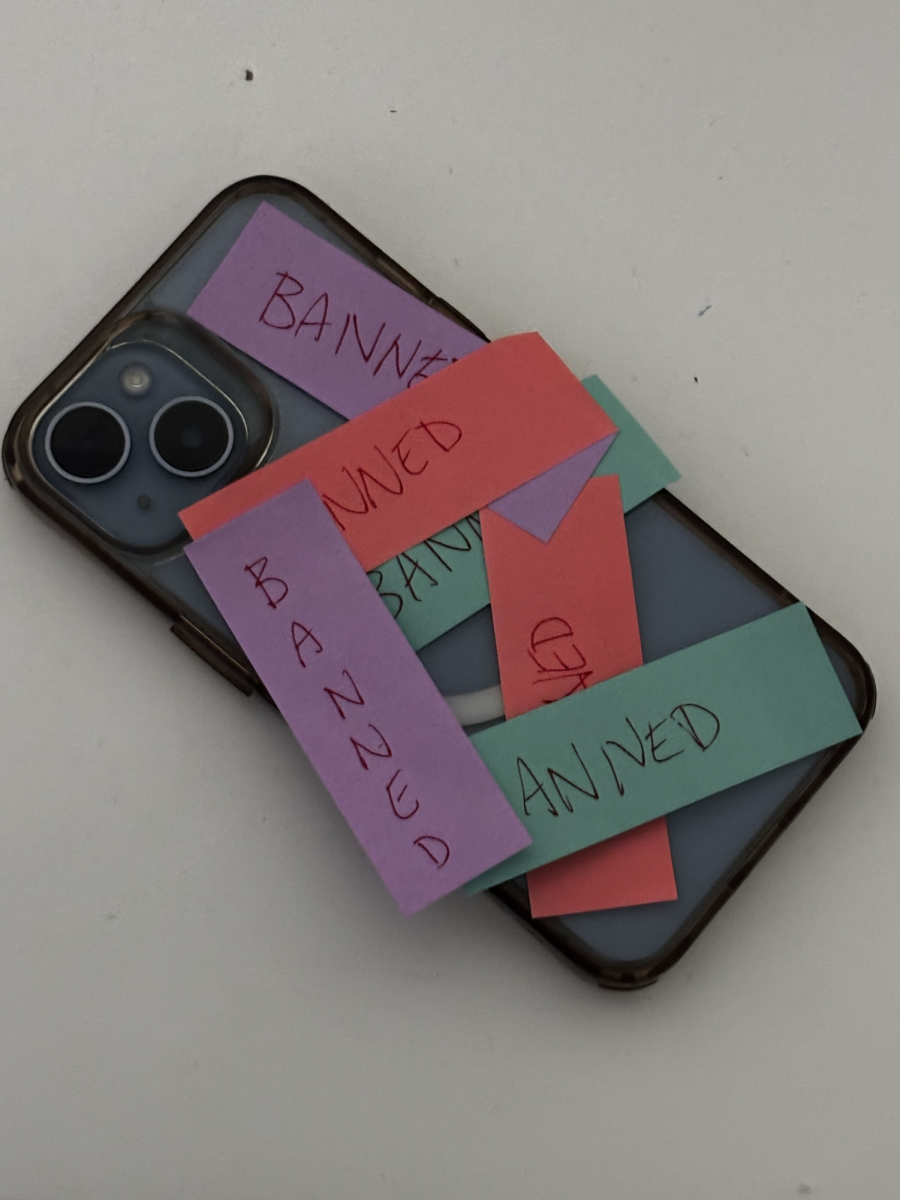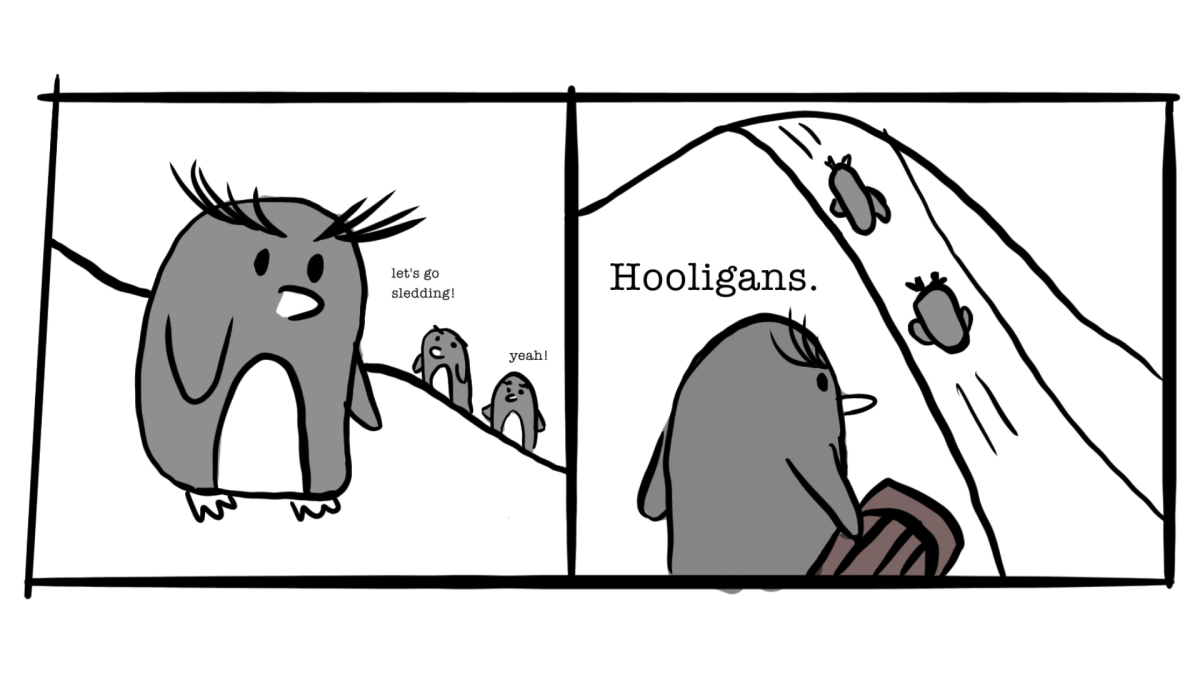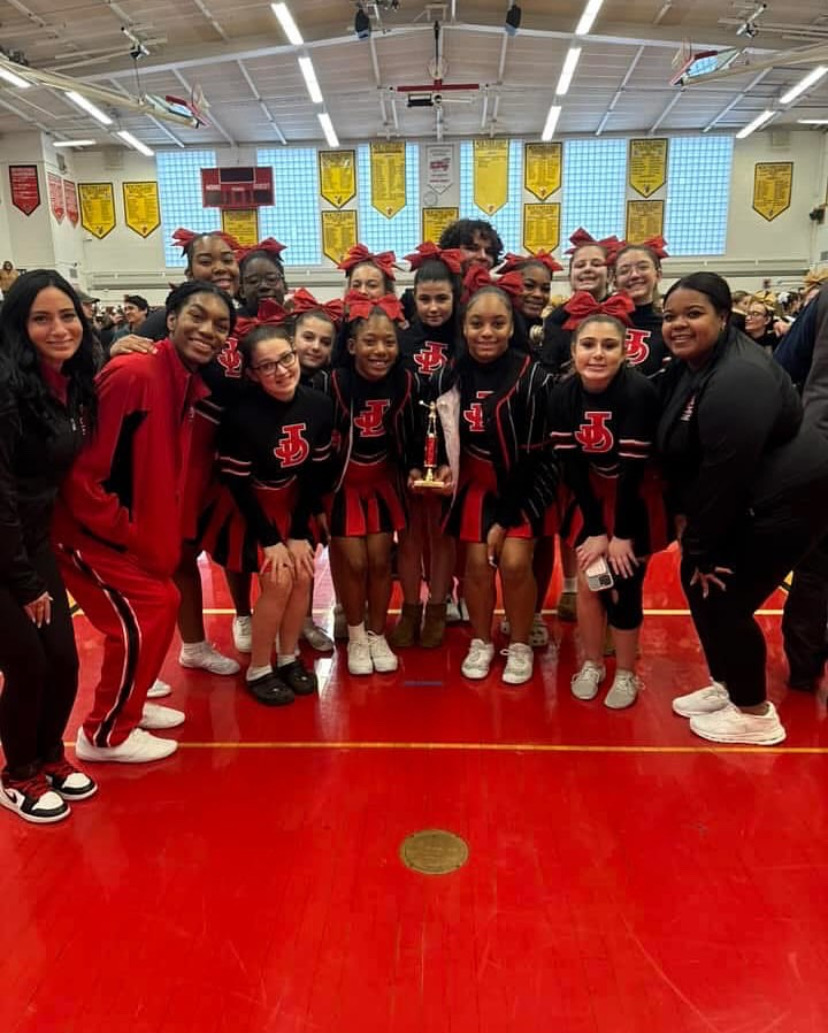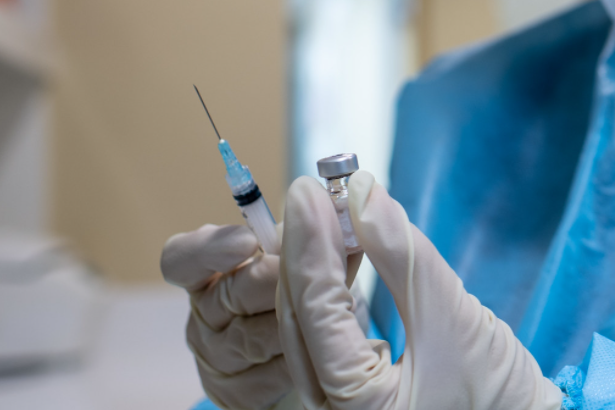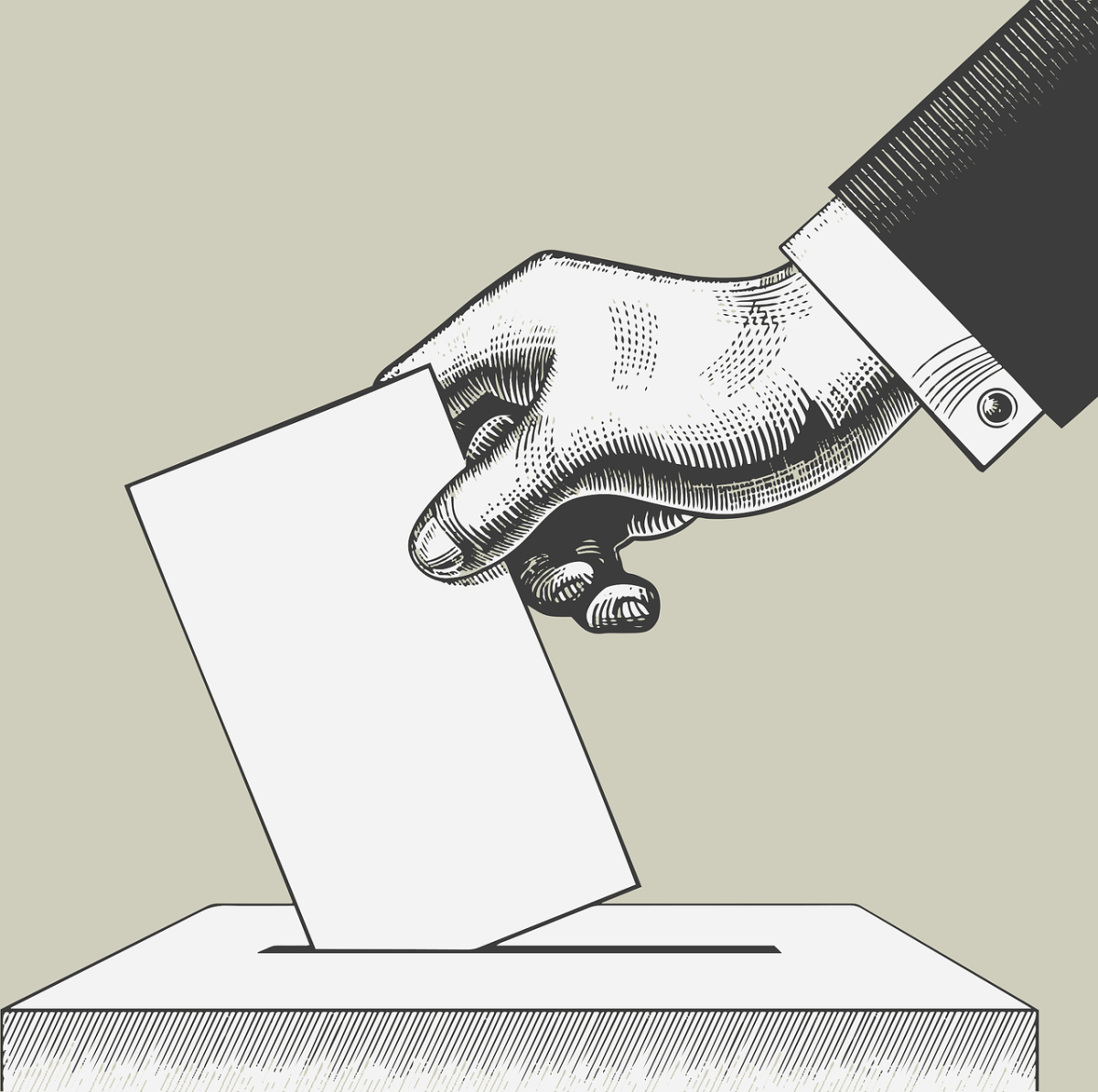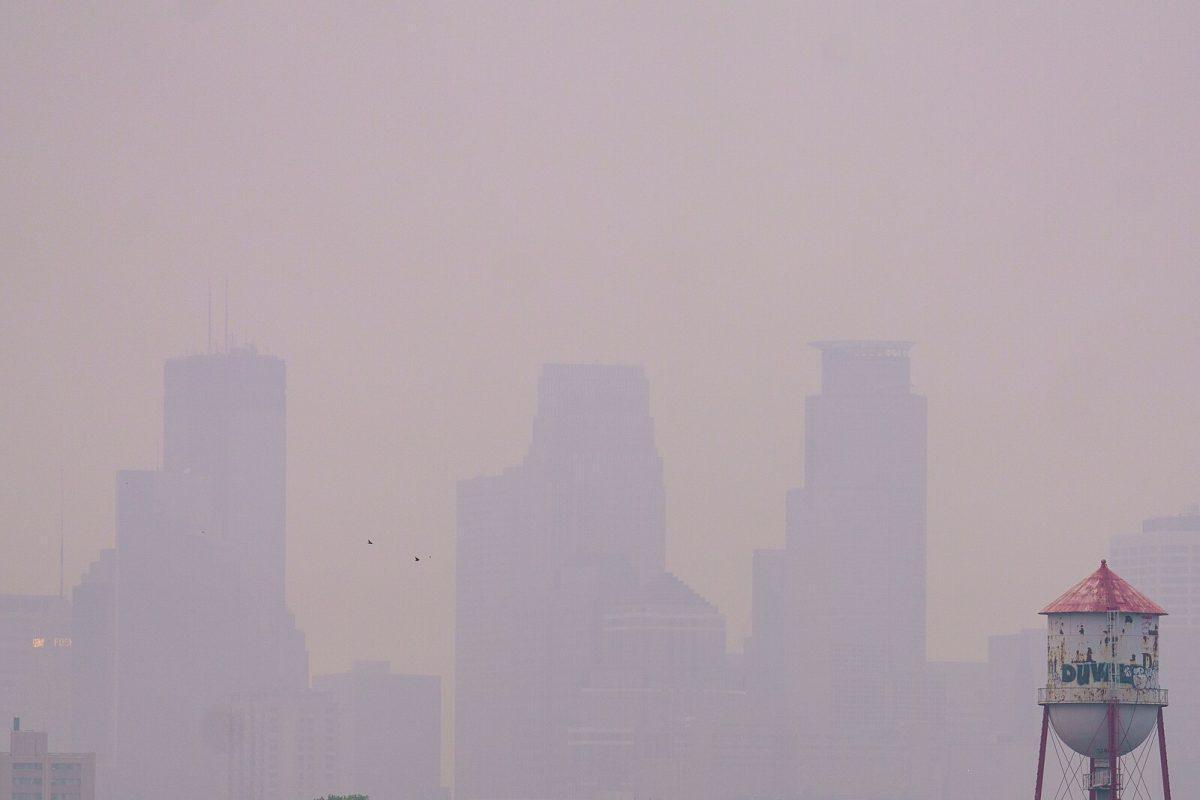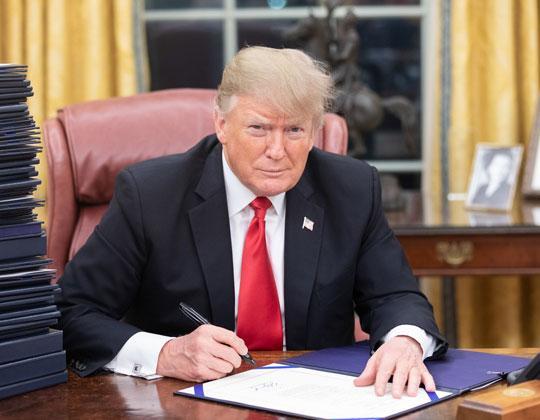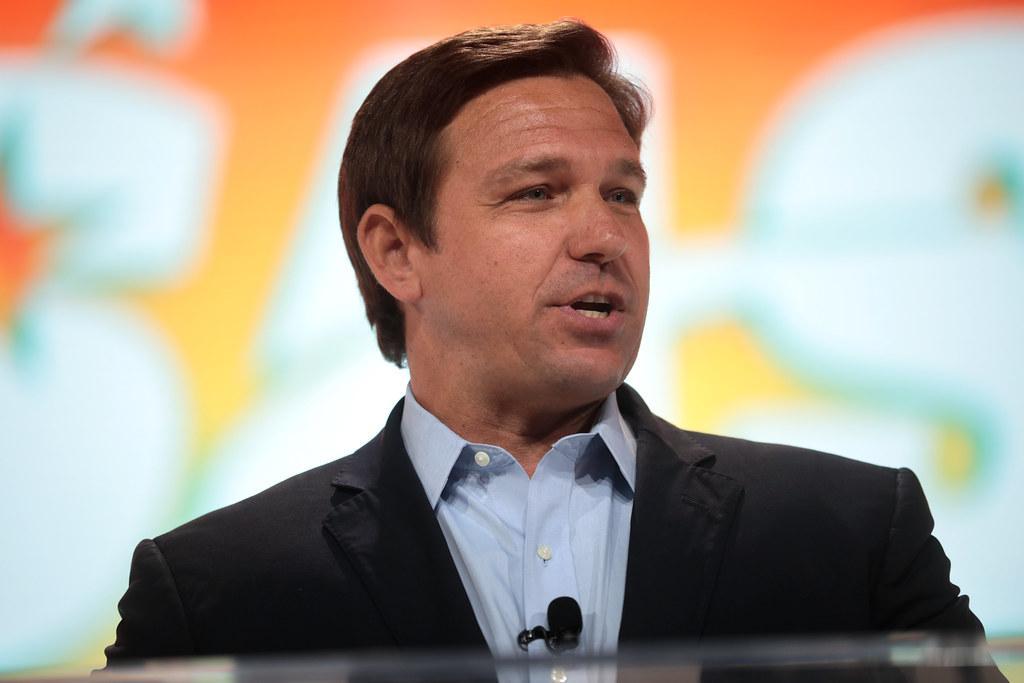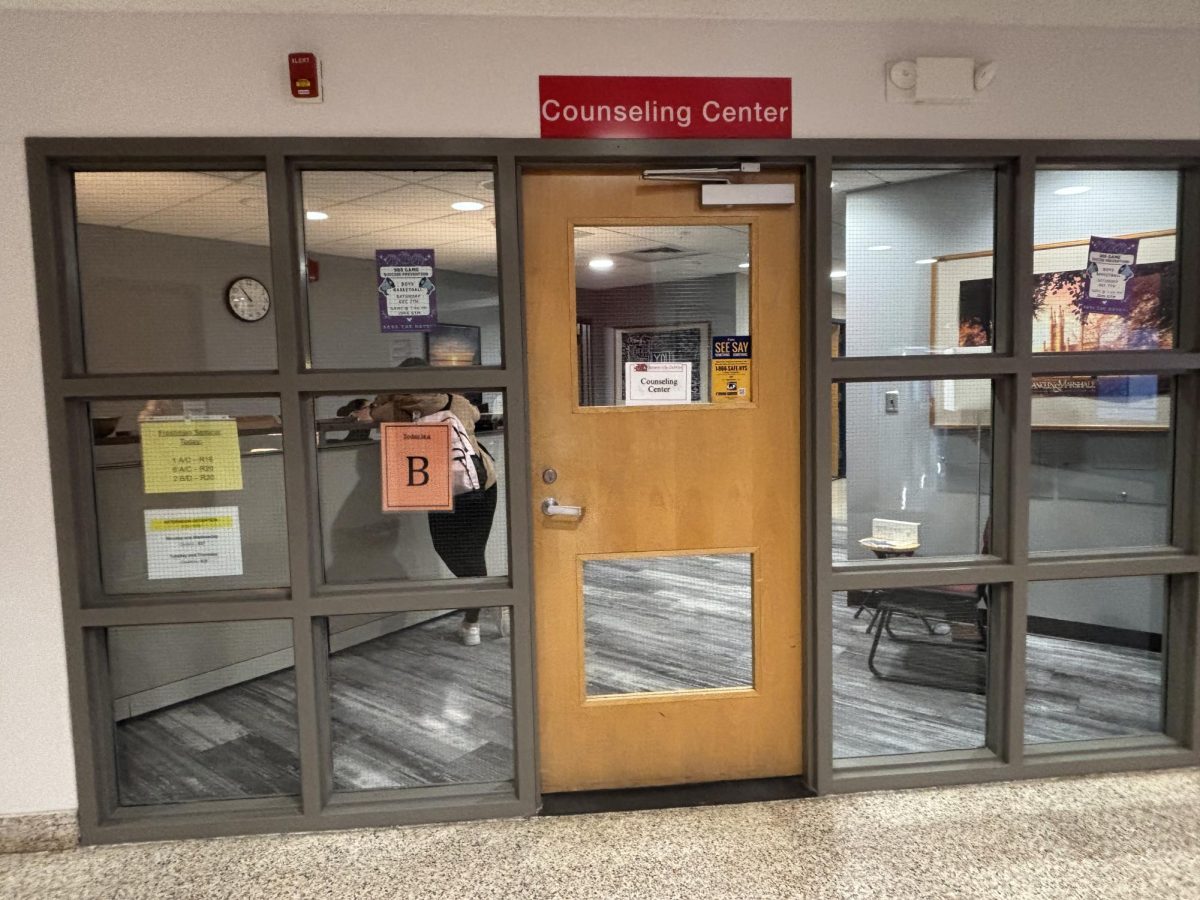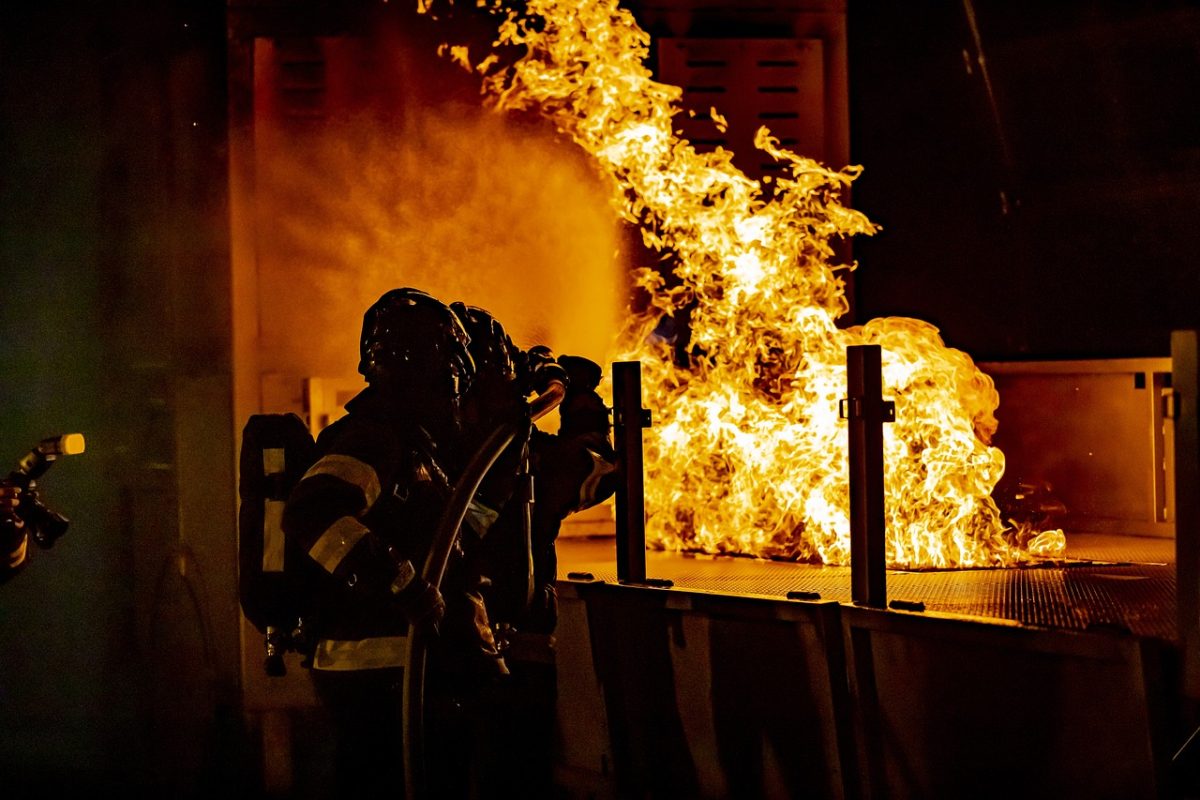As of Thursday, December 9, everyone over the age of 16 is eligible for a COVID-19 booster shot from Pfizer for those who received the original Pfizer shots (Moderna and J&J shots and boosters are still ages 18+). The Food and Drug Administration (FDA) authorized the booster, with the U.S. Centers for Disease Control and Protection (CDC) backing them up by recommending it for the age group. This comes only less than a month after it was recommended to everyone over the age of 18 that received the initial shot(s).
16 and 17-year-olds can now receive the Pfizer booster at least six months after their second dose of the original vaccine. Adults are able to mix and match boosters, whereas adolescents are only able to get the Pfizer booster as that is the only vaccine that has been approved for this age group. Dr. Peter Marks, director of the FDA’s Center for Biologics Evaluation and Research, said in a news release, “The Pfizer-BioNTech COVID-19 Vaccine has been available to individuals 16 years of age and older for nearly a year, and its benefits have been shown to clearly outweigh potential risks.”
Federal data shows that about one-third, or 5.5 million 16 and 17-year-olds have received at least one dose of the Pfizer vaccine, while more than 4.7 million have received both doses. Around three million in this age group got their second dose at least six months ago and are eligible for a third this month.
The decision came after initial laboratory testing suggested that the newest and fastest-spreading variant of the disease, Omicron, lowers the efficacy of the initial two-dose Pfizer vaccine.
“Since we first authorized the vaccine, new evidence indicates that vaccine effectiveness against COVID-19 is waning after the second dose of the vaccine for all adults and for those in the 16 and 17-year-old age group,” said Dr. Peter Marks, who oversees the FDA’s vaccine division. Marks added that a booster “will help provide continued protection against COVID-19 in this and older age groups.” However, he did not address if vaccine effectiveness was also waning in 12-15 year-olds.
A regulatory agency reviewed immune response data from adults that had shown more prosperous antibody levels in the system a month after the booster dose was administered. Dr. Rochelle P. Walensky, the Centers for Disease Control and Prevention Director, promptly signed off on the decision, saying the agency was encouraging adolescents able to receive a booster dose.
Walensky said in a statement, “Although we don’t have all the answers on the Omicron variant, initial data suggests that Covid-19 boosters help broaden and strengthen the protection against Omicron and other variants.”
Multiple people involved in the process of approval spoke on this topic. Pfizer Chairman and CEO Albert Bourla said in a statement, “From the beginning, we aimed to provide strong, safe protection to as many people as possible in an effort to end this pandemic. While new variants, including Omicron, emerge across the globe, we believe that the best way to minimize the spread of COVID-19 and any future variants is getting all eligible people fully vaccinated with the first two-dose series and a booster dose as recommended. While new variants, including Omicron, emerge across the globe, we believe that the best way to minimize the spread of COVID-19 and any future variants is getting all eligible people fully vaccinated with the first two-dose series and a booster dose as recommended.”
Dr. Ugur Sahin, CEO and co-founder of BioNTech, has similar thoughts. “The booster vaccination increases the level of immunity and dramatically improves protection against COVID-19 in all age groups studied so far.” Sahin adds, “In the current situation, it is important to offer everyone a booster, particularly against the background of the newly emerging variants such as Omicron.”
Pfizer and BioNTech reported a day before the approval that tests of blood from participants who had received two doses of the vaccine had much lower levels of antibodies against Omicron than an earlier version of the virus showed. The company explains antibodies as the immune system’s first line of defense against the virus, with the results suggesting that two doses may not be sufficient to protect against infection. Antibodies are only one indicator of the immune system’s ability to defend itself. Virus-attacking cells sparked by the first two dosages are still likely to provide significant protection against severe COVID-19 infections.


